Our work
EDRi is the biggest European network defending rights and freedoms online. We work to to challenge private and state actors who abuse their power to control or manipulate the public. We do so by advocating for robust and enforced laws, informing and mobilising people, promoting a healthy and accountable technology market, and building a movement of organisations and individuals committed to digital rights and freedoms in a connected world.
Filter resources
-

Easter is coming twice this year: Find the egg on our new website
We're proud to announce our brand new website built on the basis of EDRi’s awesome Guide for the Ethical Web Development, proving that it can be done!
Read more
-
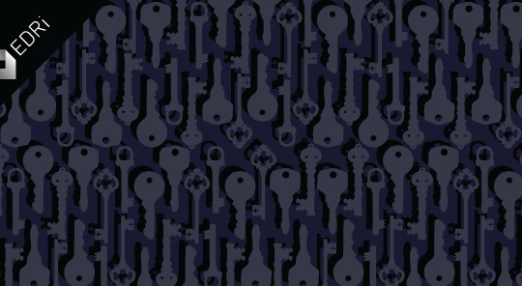
Is surveilling children really protecting them? Our concerns on the interim CSAM regulation
On 27 July, the European Commission published a Communication on an EU strategy for a more effective fight against child sexual abuse material (CSAM). The Communication indicated several worrying measures that could have devastating effects for your privacy online. The first of these measures is out now.
Read more
-

59% of polled EU citizens decry anti-terror upload filters. You should too.
Following disruptions due to the COVID-19 crisis, the negotiations between the European Parliament and the Council of Ministers on the Terrorist Content Regulation are resuming this week.
Read more
-
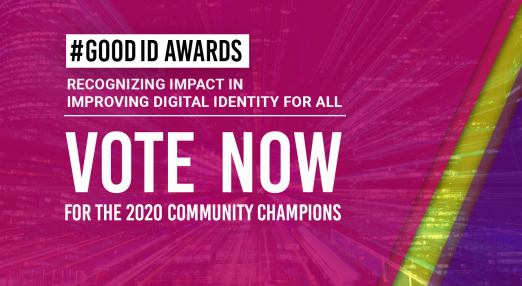
Vote for EDRi at the #GoodID Awards
We’ve been nominated for a #GoodID Award! 🏆 Vote for us as a Community Champion by clicking on this link: www.good-id.org/awards
Read more
-
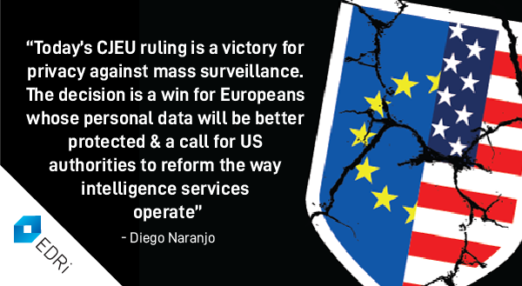
EDRi-gram, 16 September 2020
"Structural racism appears in policy areas from health, employment to climate. It is increasingly clear that digital and technology policy is also not race-neutral, and needs to be addressed through a racial justice lens."
Read more
-

Member in the Spotlight: noyb
noyb (none of your business) is a non-profit privacy organisation with a pan-European scope of activities. It aims to stop privacy violations in the private sector by focusing on the enforcement of EEA data protection legislation (the GDPR).
Read more
-

‘Not On Our Watch’: A public campaign against Google’s jump into our health data
Monopolies, mergers and acquisitions, anti-trust laws. These may seem like tangential or irrelevant issues for privacy and digital rights organisations. But having run our first public petition opposing a big tech merger, we wanted to set out why we think this is an important frontier for people's rights across Europe and indeed across the world.
Read more
-
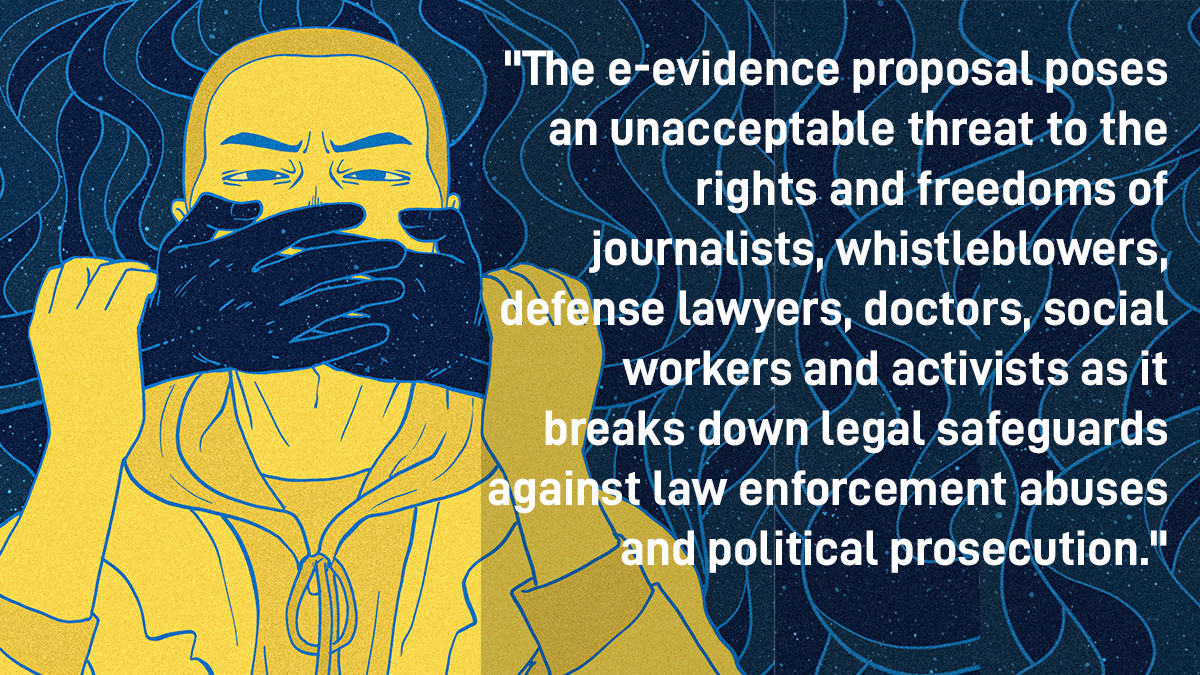
EDRi with 25 organisations urge Parliament to protect journalists, doctors, lawyers, social services
Together with a coalition of 25 organisations and companies, EDRi urges members of the European Parliament’s Civil Liberties, Justice and Home Affairs Committee (LIBE) to include strong procedural safeguards in the so called “E-Evidence Regulation”.
Read more
-
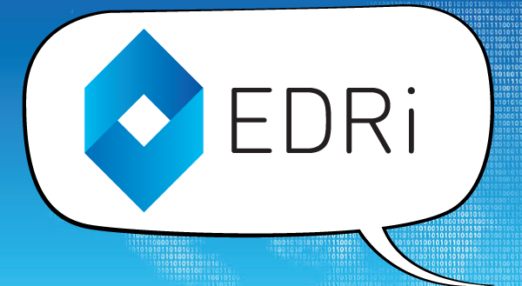
The new and improved EDRi-gram
The EDRi-gram that you know and love has received a facelift! Welcome to EDRi-gram 2.0. We know that change can be hard but we hope that you are as excited as we are to take the newsletter and EDRi’s efforts to the next level.
Read more
-

Technology has codified structural racism – will the EU tackle racist tech?
The EU is preparing its ‘Action Plan’ to address structural racism in Europe. With digital high on the EU’s legislative agenda, it’s time we tackle racism perpetuated by technology, writes Sarah Chander.
Read more
-
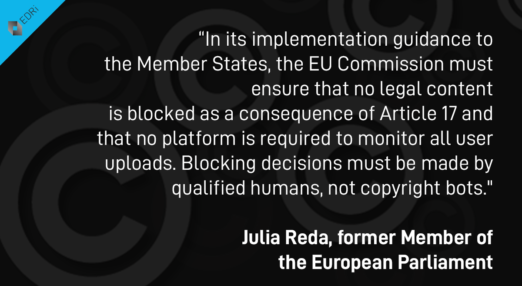
Upload filters? Still no, thanks
Together with thousands of protestors, EDRi has fought against mandatory upload filters in the Copyright Directive. Despite the Directive having been adopted, including the infamous Article 13 (now 17) that could lead to upload filters, the Directive allows for some flexibility to prevent the worst impacts on our freedom of expression.
Read more
-

Keep private communications private
On 27 July, the European Commission published a Communication on a EU strategy for a more effective fight against child sexual abuse material (CSAM). The Communication indicates that messaging services (WhatsApp, Facebook Messenger…) may see their privacy protections undermined under new legislation that will be proposed this week.
Read more
